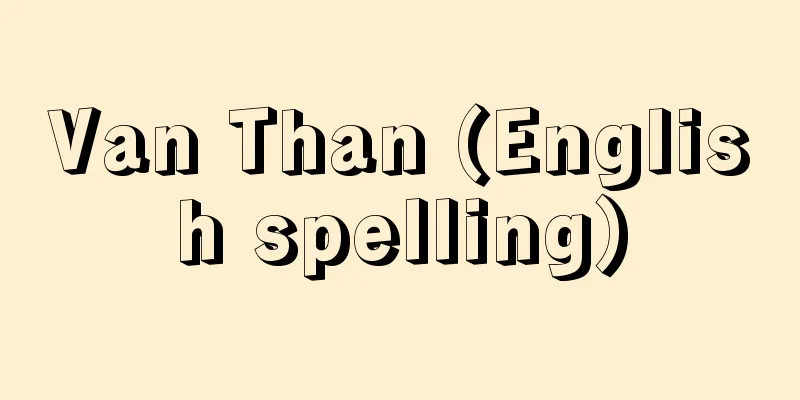Alexandre Millerand

|
French politician. After working as a lawyer and a member of the Paris City Council, he became a radical member of the National Assembly in 1885. He gradually drew closer to the socialist camp through his support of the labor movement, and was re-elected in 1893 as an independent socialist. He presided over the Petite Republic newspaper, which was open to left-wing currents, and made a public stand. In 1896, he promoted the Saint-Mande Common Programme, which advocated a "peaceful socialist revolution through elections," and called for the unification of socialist factions together with Jaurès and others. However, in 1899, he joined the Waldeck Rousseau cabinet as Minister of Industry in order to settle the Dreyfus Affair, which ended up splitting the socialist camp into those who supported him (the Jaurès faction) and those who opposed him (the Guesde faction). In this cabinet, he worked on the creation of labor protection legislation, such as reducing working hours and introducing social insurance, but he gradually left the socialist camp due to strong opposition from syndicalists and the Guedes faction, and did not participate in the formation of the United Socialist Party in 1905. Later, as Minister of Public Works (1909-1910), he severely suppressed the railway general strike, and during his term as Minister of Defense (1912-1913, 1914-1915), he further strengthened his nationalist stance. After World War I, as one of the leaders of the right-wing "Bloc Nationale," he served as envoy plenipotentiary to Alsace-Lorraine (1919) and as Prime Minister and Foreign Minister (1920). In September 1920, he became president. He maintained a hard-line foreign policy, promoting intervention in Poland and the occupation of the Ruhr (1923). However, he was defeated by the "Left-wing Coalition" in the general election of 1924, and was forced to resign as president. He later served as a senator (1925-1940) before retiring from the front lines. [Minoru Tanikawa] "French Political History, Vol. 1 and 2, by Yasuo Nakagi (Miraisha, 1975)" [References] | |Source: Shogakukan Encyclopedia Nipponica About Encyclopedia Nipponica Information | Legend |
|
フランスの政治家。弁護士からパリ市会議員を経て、1885年に急進派の下院議員となる。労働運動の支援を通じてしだいに社会主義陣営に接近、1893年には独立派系社会主義者として再選された。左翼諸潮流に開かれた『小共和国』紙を主宰して論陣を張り、1896年には、「選挙を通じた平和的社会主義革命」を唱えるサン・マンデ共同綱領を推進し、ジョレスらとともに社会主義諸派の統一を呼びかけた。しかし、1899年にはドレフュス事件収拾のためのワルデック・ルソー内閣に通産相として入閣したため、かえって社会主義陣営を入閣支持派(ジョレス派)と反対派(ゲード派)とに分裂せしめることとなった。同内閣では、労働時間削減や社会保険など労働者保護立法に取り組んだが、サンジカリストやゲード派の強い反発を受けてしだいに社会主義陣営から離れ、1905年の統一社会党の結成にも参加しなかった。その後、公共事業相(1909~1910)として鉄道ゼネストを厳しく弾圧、また国防相在任中(1912~1913、1914~1915)にはナショナリストの立場を一段と強めた。第一次世界大戦後は、右派の「ブロック・ナショナル」のリーダーの一人として、アルザス・ロレーヌ全権特使(1919)、首相兼外相(1920)を歴任。1920年9月、大統領に就任。ポーランド介入やルール占領(1923)を推進するなど、対外強硬姿勢を貫いた。だが、1924年の総選挙で「左翼連合」に敗れて大統領辞任を余儀なくされた。以後は上院議員(1925~1940)を務めたのち、第一線を退いた。 [谷川 稔] 『中木康夫著『フランス政治史 上・中』(1975・未来社)』 [参照項目] | |出典 小学館 日本大百科全書(ニッポニカ)日本大百科全書(ニッポニカ)について 情報 | 凡例 |
Recommend
Keta Shrine
Located in Jikemachi, Hakui City, Ishikawa Prefec...
Pancreatic function test - Exocrine pancreatic function test
A method for testing the function of the pancreas ...
Hula-Hoop (English spelling)
A plastic hoop with a diameter of about 1 meter. Y...
Olmütz (English spelling) Olmutz
…A city in north-central Moravia in the eastern p...
Jamal al-Din (reformist)
…Agitator and organizer of the Islamic reform and...
Panzhihua - Panzhihua
A city in the southwestern tip of Sichuan Province...
Lady Otomo Sakanoue - Lady Otomo Sakanoue
?-? A poet of the Nara period. Daughter of Otomo ...
track and field
…Its distinctive feature is that it does not simp...
African bush pig (kawainoshishi)
A mammal of the Suidae family in the order Artioda...
Gas detector - Gas detector
One method of measuring gas concentration is to ta...
Hierakonpolis (English spelling)
An ancient city on the west bank of the Nile, 80 k...
Imāmzāda (English spelling)
The term refers to the descendants of Shiite Musli...
Vytautas (English spelling)
1350‐1430 Grand Duke of Lithuania. Reigned 1392-14...
Maadi Culture - Maadi Culture
A culture from the Predynastic period of Egypt at ...
Otsu Shrine
The Imperial Palace was located in Otsu, Omi Provi...









